The Room of Facing Mirrors
April 22, 2018Nothing is omitted. Whatever
is evident in our synoptic vantage
collects: The audience is added row
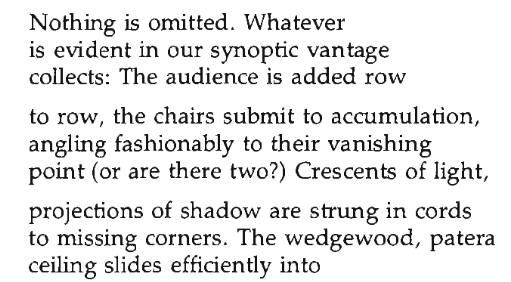
Nothing is omitted. Whatever
is evident in our synoptic vantage
collects: The audience is added row
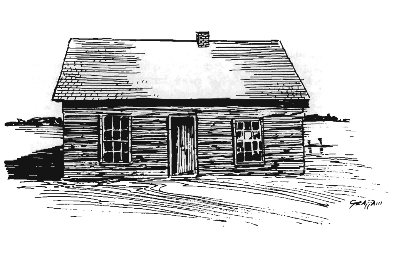
Old Bishop Leonard used to insist that the Spirit World was right here on earth and the dead were never far from home. He was not really the bishop anymore, but the title was for…

Both of the above statements are clearly affirmations of faith, strong declarations of belief in the Restoration movement, each evolving out of presuppositions about the fundamental truth of the message delivered. Each statement, though the former probably more so than the latter, is representative; that is, numbers of Saints have shared the stated convictions. In both cases, the intention appears to be the same, to identify the church of the latter days in relation to other church organizations of its time.
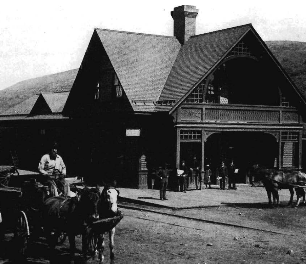
In the mid-1920s B. H. Roberts, General Authority and President of the Eastern States Mission, began preliminary work on a book-length manuscript. By this time Roberts had already written extensively on church history and some…
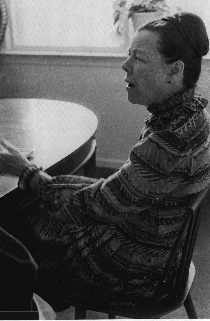
What do the phrases “Mormon novel” and “Mormon novelist” mean? Maybe in the first place we are incautious not to separate novel from novelist. Suppose a “Mormon novelist” in a quite strenuous sense: nominally and actively Mormon, a baptized member who accepts Mormon scripture as canonical…
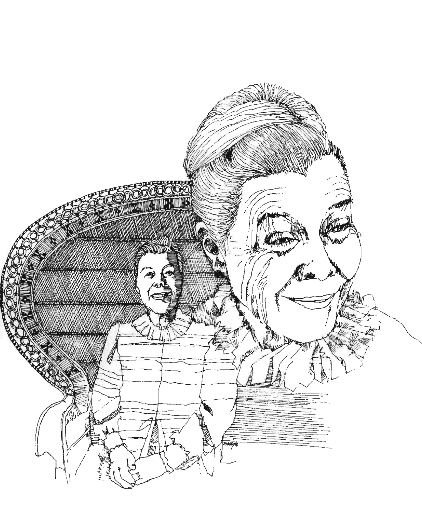
Driving slowly past the house she knew that her resentment was unreasonable. The new owners had every right to change it; if she had felt so strongly, why had she let it go? But how…
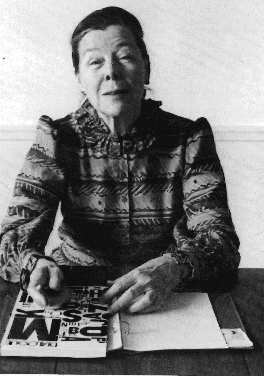
Mormon readers are rediscovering Virginia Sorensen. In her person and in her work, she combines many of the traits so often associated with Mormonism: a handcart pioneer heritage, a Danish, old world charm, a seeking…
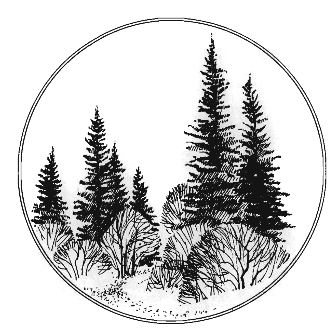
Biographies and family histories, have been by far the most popular subject of Mormon-related books during the past year. These works stem in large part from the ingenuity of family organizations and the ever increasing…

Two “common sense” theories of international relations have been with us from ancient times to the present: utopianism and realism. Both share a common belief that understanding man will help explain international relations, and power…
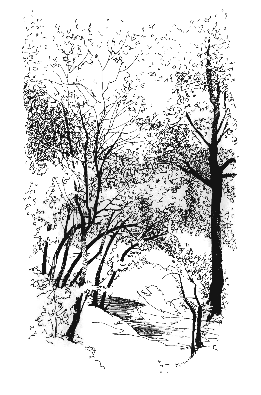
In few cases is the Mormon Church at such odds with “the learning of men” as in its answers to the intriguing questions of Polynesian origins and migrations. Apostle Mark E. Petersen expressed the Mormon…